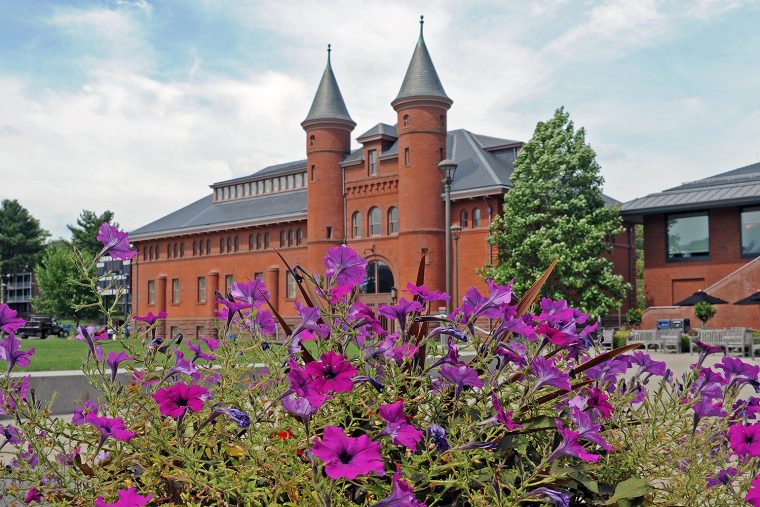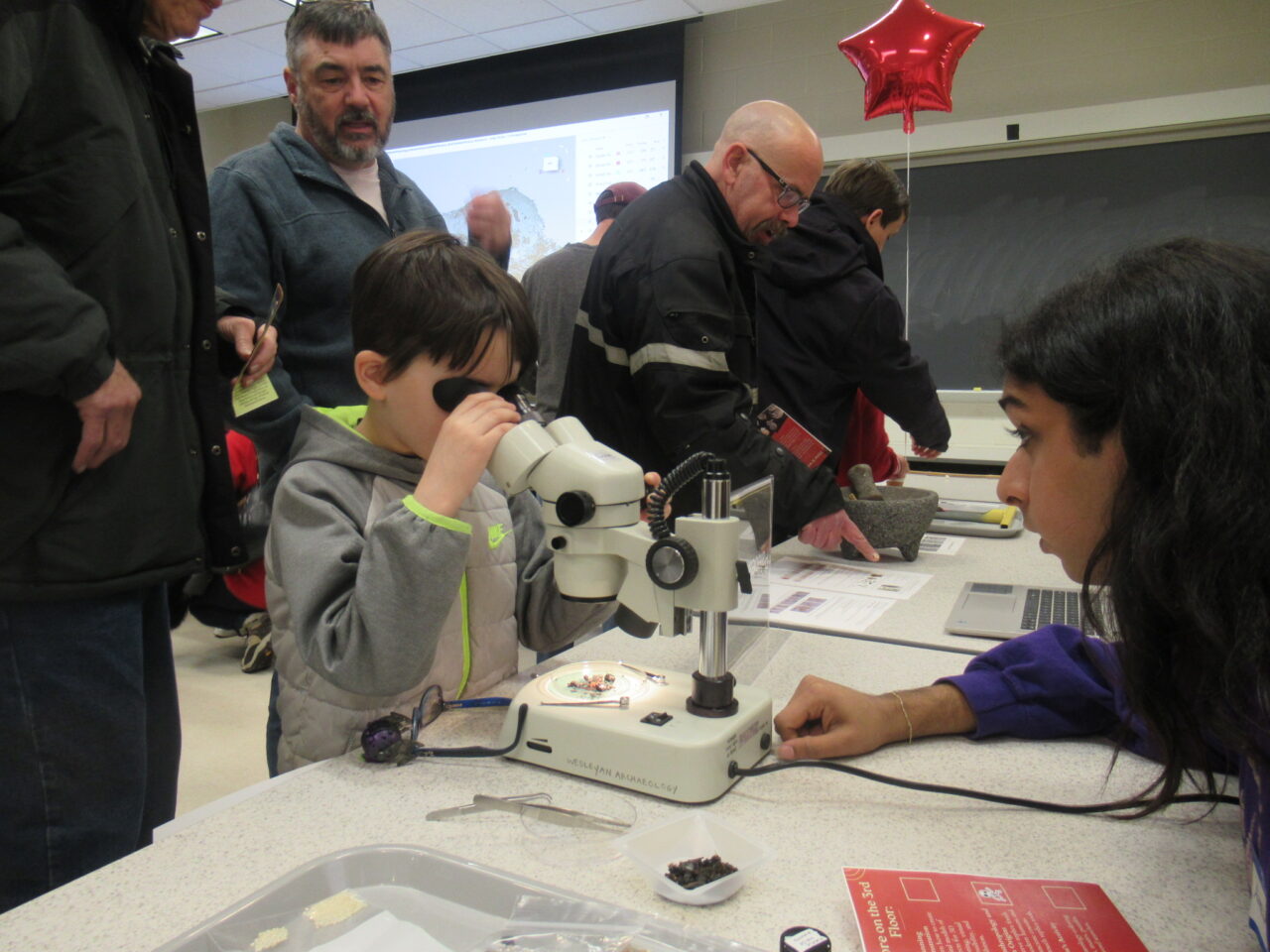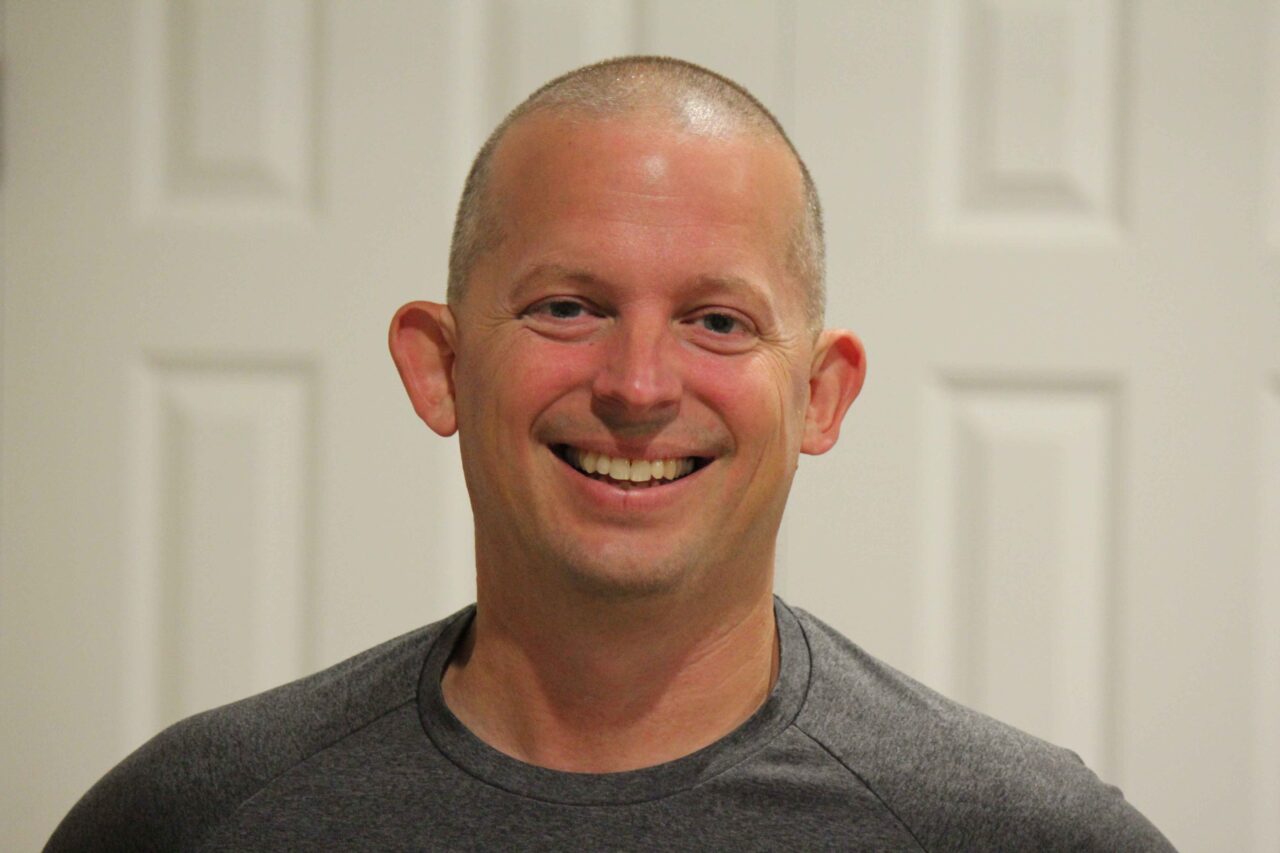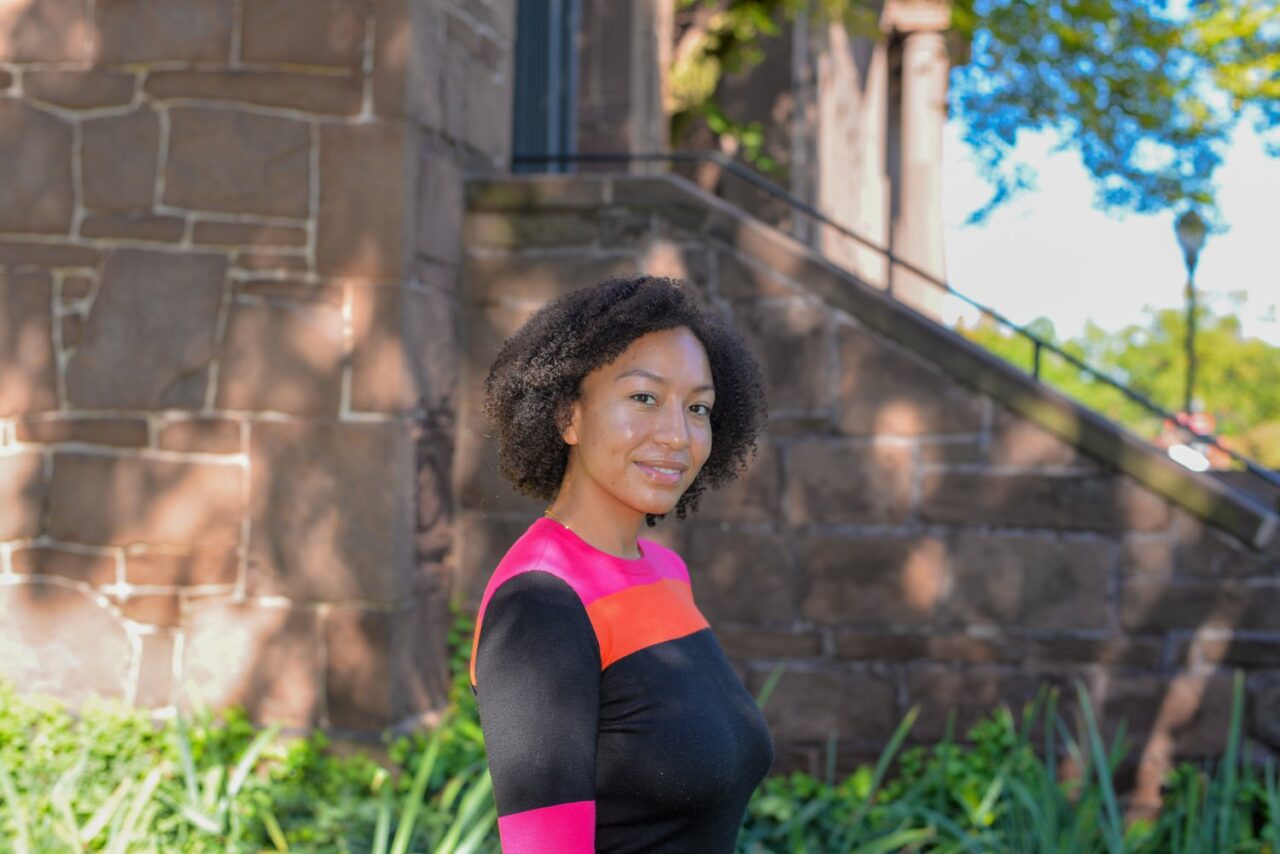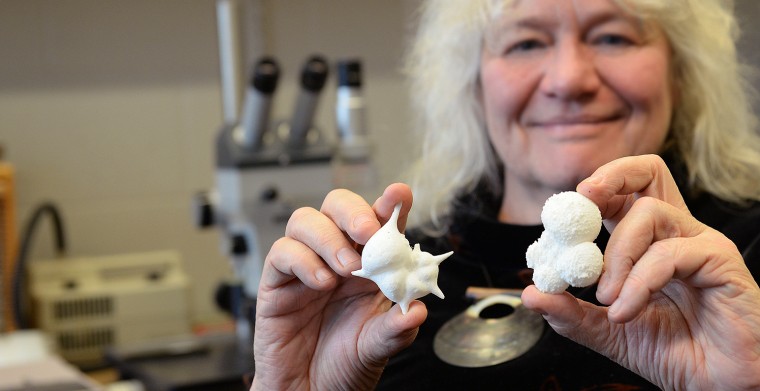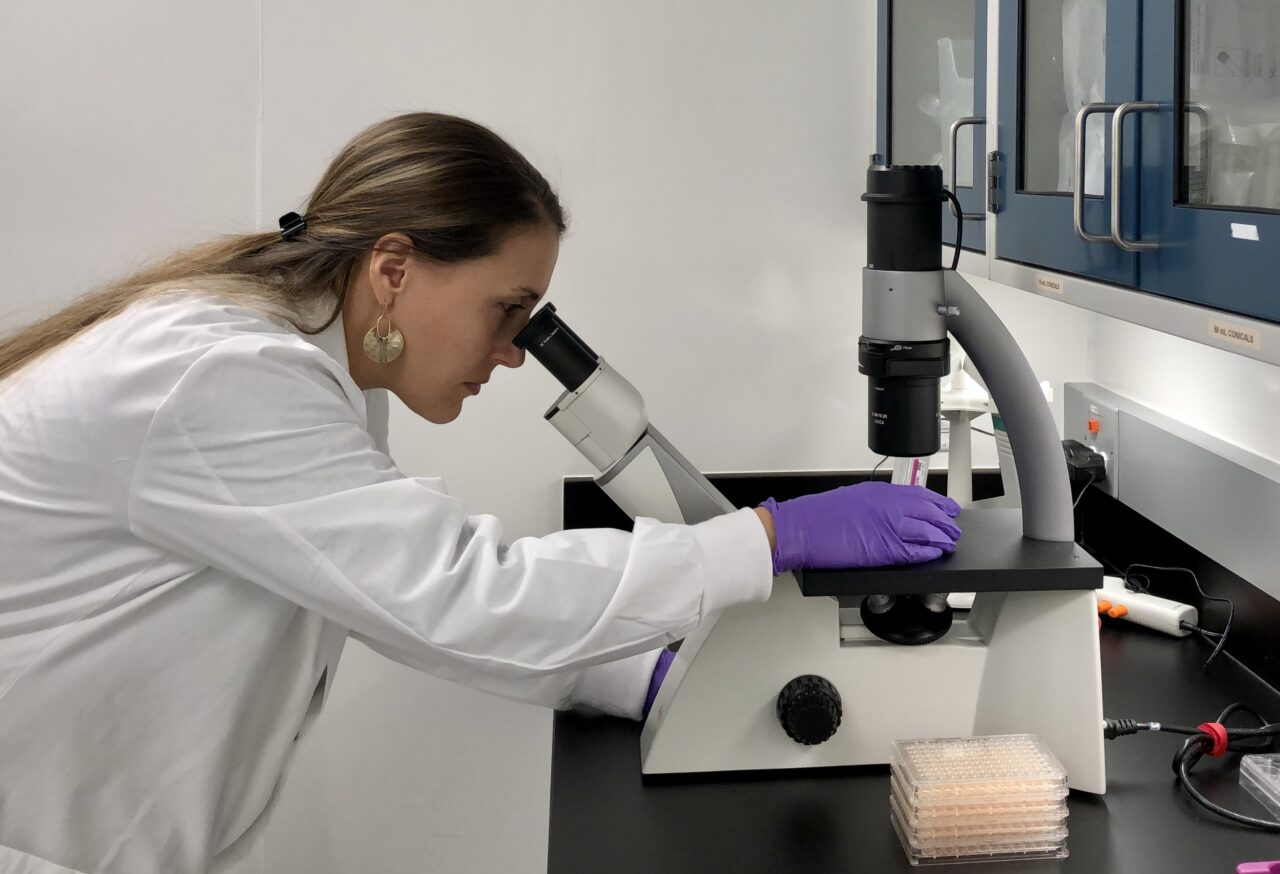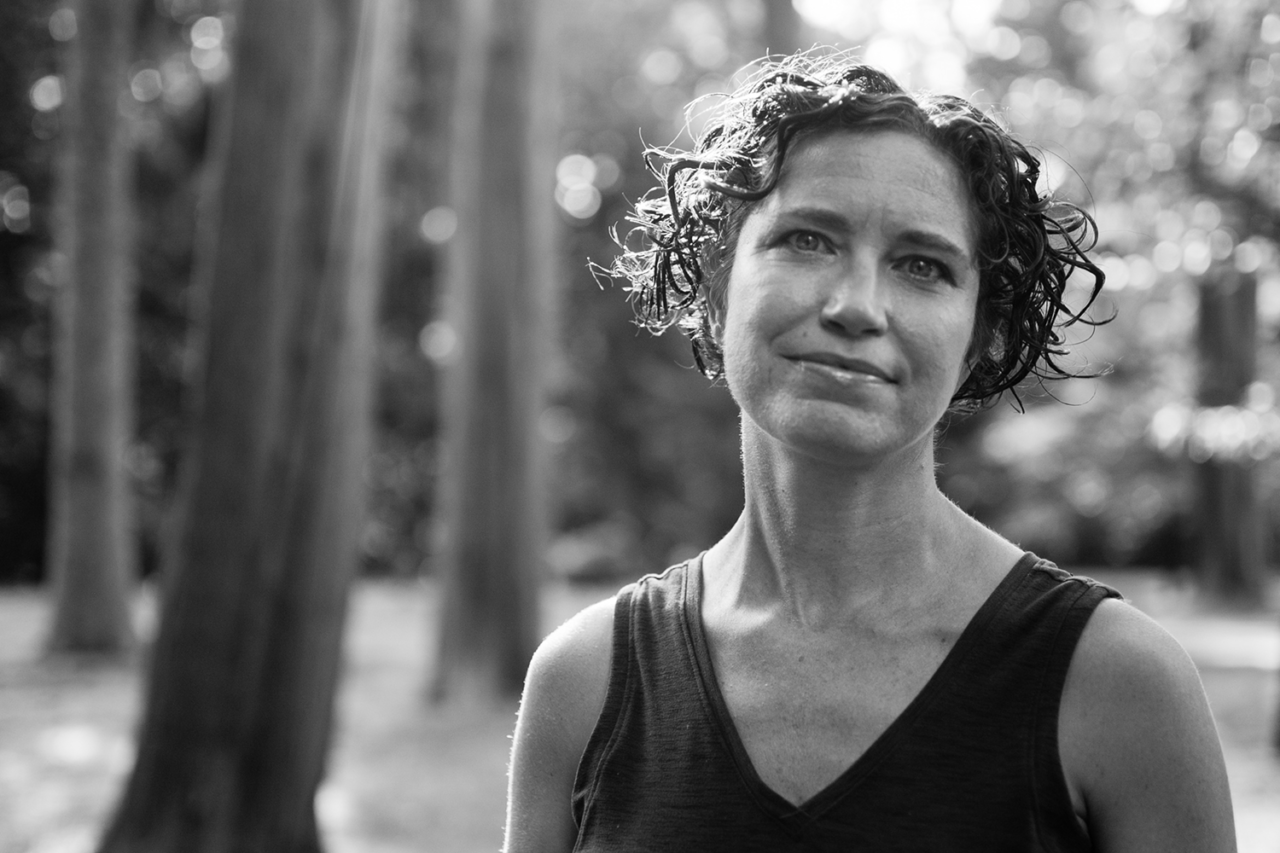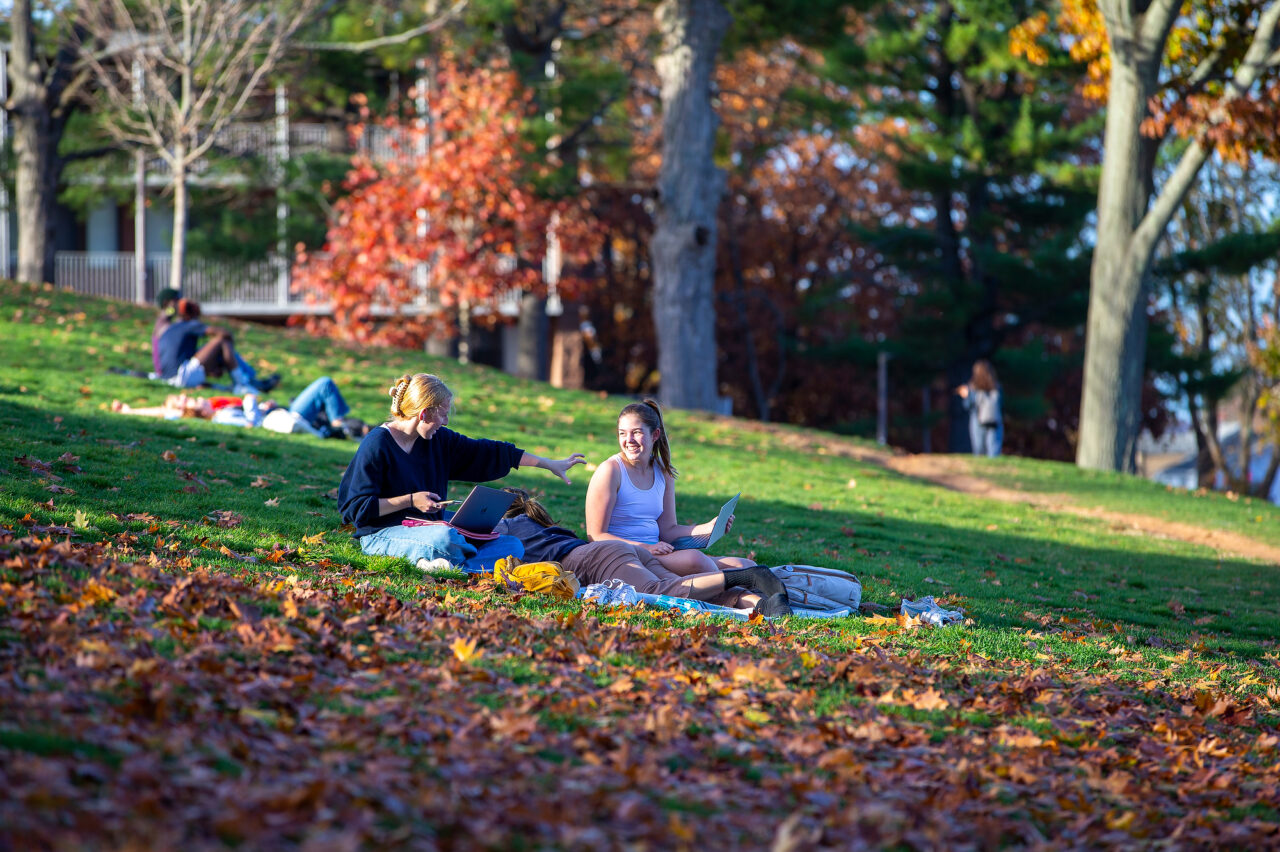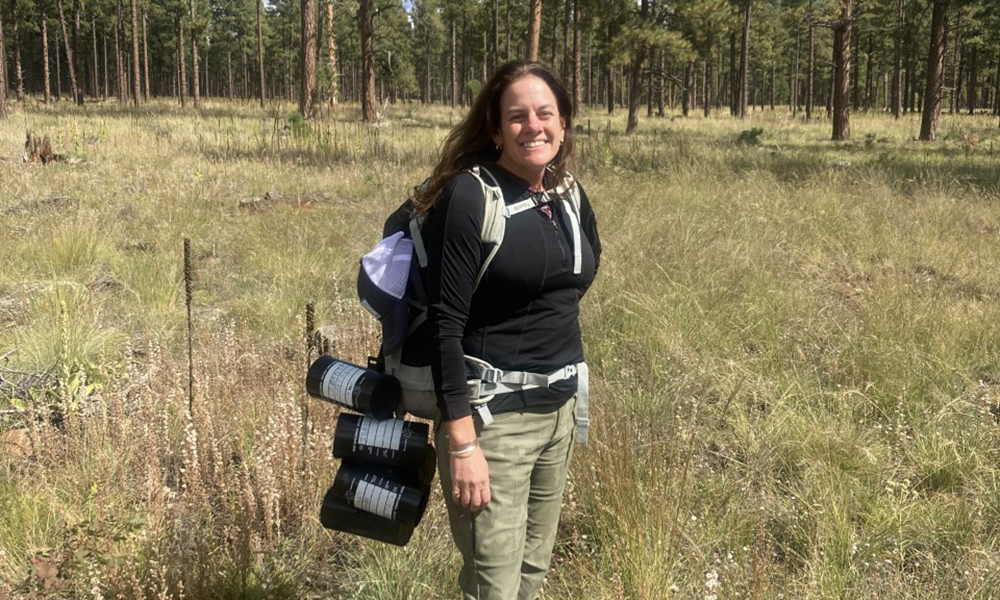In a recent article in the journal Regional and Federal Studies James McGuire, Professor of Government, found that Trump's 2020 vote share was a strong and robust predictor of a lower COVID-19 vaccination rate across US states, US counties, and Connecticut towns alike, adjusting for wide range other factors thought to affect the vaccination rate. At each of the three subnational levels, McGuire showed, the Trump 2020 vote share was also correlated more closely than the Trump 2016 vote share or the Romney 2012 vote share with the COVID-19 vaccination rate. McGuire estimated the statistical impact of the Trump 2020…
One of Wesleyan’s hallmarks is its ability to foster conversation, difference of opinion and creativity. It’s a place where thinking one way isn’t always the way. The experience of Wesleyan is unique, it’s open and it’s broad. It’s a community, but it’s also individual. Despite its nuances, it shares a few universal fixtures that most other universities have too. It has stately buildings with hallways lined with classrooms, its students can be seen rushing from lectures to library study rooms, and if you listen closely enough you can hear the faint beeping of construction vehicles backing up in the distance.…
By Maia Bronfman ’24 So many people were interested in Wesleyan’s Archaeology and Collections Open House earlier this month, Archaeology Collections Manager Wendi Field Murray didn’t stop talking for two-and-a-half hours. “I had so many great conversations with people of all ages. A young boy who brought a sketchbook to draw all the interesting things he was seeing; an individual who helped excavate the Beman Triangle site 10 years ago; a Wesleyan student who had never seen the collection; an older gentleman who collects historic glass insulators,” Murray said. There were over 150 attendees at the open house held in…
Assistant Professor of Computer Science Sebastian Zimmeck sees internet privacy as nothing less than a human right—everyone should have control over their data and how it is distributed in the world. “The concerns are twofold. Private companies have a lot of our data that we don’t know about, and the second point is that the government can request data from these companies that can be used in legal proceedings … the average internet user has no idea of the sheer amount of data collected from us,” Zimmeck said. A quick glance at the headlines in the New York Times over…
When Frances Ostensen ’24 set sail aboard the SSV Robert C. Seamans this fall, she knew she was in for an adventure. Ostensen, a biology and Science in Society Program double major who spent the semester abroad with the Sea Education Association (SEA), learned more about the environment, human civilizations, and their endless connections than she ever expected. Her chosen program, called Sustainability in Pacific Island Communities and Ecosystems, began in Woods Hole, Mass. in October. After flying to the South Pacific in November, Ostensen set sail in a loop around Polynesia alongside seven other students, professors, and crew members…
During the 2015-16 school year nearly 10 percent of Connecticut public school children met the criteria for being chronically absent. The disruption COVID-19 wrought on education only exacerbated the problem. The Connecticut State Department of Education launched the Learner Engagement and Attendance Program (LEAP) in April 2021 to help address these issues. In 15 school districts throughout the state, school officials and representatives from local non-profit agencies conducted home visits with almost 9,000 students who were considered chronically absent. School officials often assisted families with food, job placement, or just general support to remove any external barriers to school attendance.…
For most people, microbes are something to be observed under a microscope, but for Raquel Bryant, Assistant Professor of Earth and Environmental Sciences, they provide insight into the way that the world around us works. “Collective action is actually possible,” Bryant said, “This is something I learned from microbes.” Strength in numbers is something that Bryant, who studies deep time interactions between life, the ocean, and the climate, sees as an essential principle of both activism and science. Learn more about Bryant in Madeleine Dickman '23's profile, posted at the Inclusion in STEM blog.
Thanks to her discovery of a global warming event that occurred 56 million years ago, Ellen Thomas, the Harold T. Stearns Professor of Integrated Sciences, Emerita, changed the way we think about climate change. Her research started with a serendipitous discovery of severe extinction of microscopic deep-sea organisms, foraminifera. Because of her prolific and impactful research, Thomas, along with her colleague James Zachos of the University of California, Santa Cruz, was given the BBVA Foundation Frontiers of Knowledge Award in the climate change category. “Both laureates think that the destructive impact of the event should be a warning to us…
Assistant Professor of Chemistry Alison O’Neil’s most recent research has drawn a direct parallel between a pesticide commonly used from the late 1940s through the late 1970s and instances of amyotrophic lateral sclerosis (ALS), according to a paper published in the journal ACS Chemical Neuroscience on December 13. Cis-chlordane was banned in 1988 in the United States, but it can still be found in the environment. “We find that human stem-cell-derived motor neurons are more sensitive to (the pesticide) cis-chlordane than other cell types and their action potential dynamics are altered … Together, our work points to cis-chlordane as a potential sporadic…
In the face of global climate and environmental crises, Elon Musk wants to launch humanity to Mars. His fellow billionaire Jeff Bezos believes we should build artificial space pods between the Earth and the Moon to increase the resources we need for our technologically soaked lives. They were the only ones who could save humanity from a dire end, they sort of said (and, perhaps, making a tidy profit for themselves in the process.) The messianic vibes were unmistakable. The thought of this baffled Mary-Jane Rubenstein, professor of religion. “The more I learned about the contemporary state of things in…
The past year began in uncertainty due to the global pandemic and the ongoing strife happening in our country and throughout the world. However, the Wesleyan University community persevered and thrived. Faculty explored new and innovative ideas, and students grew in ways that they couldn’t have anticipated. Throughout the year the Wesleyan Connection was there to document the life of a place that is always creative, always pushing for a better and more just world. Here’s a small sampling of the stories that mattered this past year: January The Andrew W. Mellon Foundation funded the Carceral Connecticut Project, a multidisciplinary…
Over the past century, forests across the western United States have become vulnerable to catastrophic wildfires due to climate change. Overall, forest management activities for lowering wildfire risk appear to help, but little is known about how these activities influence forest water availability and water cycling, important indicators of drought. This is the key question that Environmental Studies Professor Helen Mills Poulos and her research team at Northern Arizona University, led by Temuulen Tsagaan Sankey, will attempt to address in a new NASA-funded research project. Poulos and her research team received a $597,000 grant from NASA in November to study…


